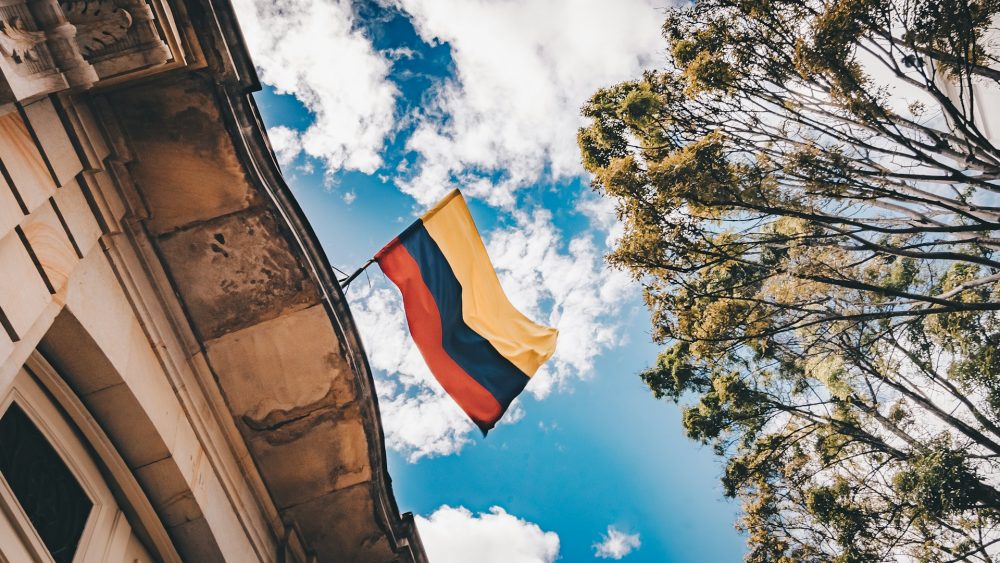Featured
In spite of repeated outages, Robinhood is (still) raising funds
Robinhood has set up a business model that allows it to earn income from various sources: premium subscriptions, retro-commissions from market-makers, securities lending. The American nugget that built its success on a stock market application without any fees has more than 13 million users to its credit. Despite repeated outages, Robinhood continues to attract funds.

At the beginning of March, when volatility was in full swing in the financial markets, the Robinhood application experienced three critical outages. The trading solution popular with Millenials was widely probed by the regulator (Finra) for these embarrassing interruptions. In addition, a petition was even circulated to prohibit the publisher from offering its brokerage services.
If you want to find more information about the fintech company Robinhood and how it manages to continue to raise funds despite repeated failures, download the Born2Invest mobile app. Read the latest finance news with our companion app.
Robinhood has 13 million active users
This did not prevent the stock exchange application from completing a new round of financing, to the tune of $280 million, for a valuation of $8.3 billion. The American nugget that built its success on a stock market application without any fees has more than 13 million users to its credit. This figure is extremely high when compared to the number of French individuals who invested on the stock market between the end of February and the end of April: 580,000 – including 150,000 new investors.
Although it does not charge a commission on each transaction to its users, Robinhood has set up a business model that allows it to earn income from various sources: premium subscriptions, retro-commissions from market-makers, securities lending, etc. With a consumption peak in March, its revenues would have tripled to reach $60 million.
Slower valuation for the fintech company
TechCrunch has taken up the Robinhood fundraising story, whose pace of valuation has slowed significantly over time. After raising $363 million for a valuation of $5.6 billion in 2017, the fintech company then raised $323 million for a valuation of $7.6 billion in 2019. With a valuation of $8.3 billion for this last round of financing (for a round of $280 million), Robinhood seems to have trouble convincing that it is worth much more.
An industry expert interviewed by the NY Post is also critical of the start-up: “13 million users is a lot. $280 million for a solution that can’t handle volumes is too much. […] It could be bought out by a major bank, but I doubt that such a deal would reach half its current valuation.”
If there is any doubt, Robinhood has been a major factor in turning the whole industry upside down. Brokerage giant Charles Schwab lined up last October by cutting commissions on trades before buying out rival TD Ameritrade the following month for $26 billion. For its part, investment bank Morgan Stanley acquired broker E*Trade for $13 billion in February 2020. Robinhood, which was among the giants of the industry, has since been overtaken by its counterparts.
What about the French market? Since La Française des Jeux was floated on the stock market last November, individuals seem to have regained a taste for the stock market. In an interview, the CEO of Boursorama Banque, Benoit Grisoni, was pleased with the record number of securities accounts opened during the month of March.
Online banking saw its order volumes triple compared to a normal month. It remains to be seen whether the trend will continue in the months to come.
__
(Featured image by nattanan23 via Pixabay)
DISCLAIMER: This article was written by a third party contributor and does not reflect the opinion of Born2Invest, its management, staff or its associates. Please review our disclaimer for more information.
This article may include forward-looking statements. These forward-looking statements generally are identified by the words “believe,” “project,” “estimate,” “become,” “plan,” “will,” and similar expressions. These forward-looking statements involve known and unknown risks as well as uncertainties, including those discussed in the following cautionary statements and elsewhere in this article and on this site. Although the Company may believe that its expectations are based on reasonable assumptions, the actual results that the Company may achieve may differ materially from any forward-looking statements, which reflect the opinions of the management of the Company only as of the date hereof. Additionally, please make sure to read these important disclosures.
First published in PRESSECITRON, a third-party contributor translated and adapted the article from the original. In case of discrepancy, the original will prevail.
Although we made reasonable efforts to provide accurate translations, some parts may be incorrect. Born2Invest assumes no responsibility for errors, omissions or ambiguities in the translations provided on this website. Any person or entity relying on translated content does so at their own risk. Born2Invest is not responsible for losses caused by such reliance on the accuracy or reliability of translated information. If you wish to report an error or inaccuracy in the translation, we encourage you to contact us.

-

 Cannabis6 days ago
Cannabis6 days agoRecord-Breaking Mary Jane Fair in Berlin Highlights Cannabis Boom Amid Political Uncertainty
-

 Impact Investing2 weeks ago
Impact Investing2 weeks agoGlobal Gender Gap Progress Slows Amid Persistent Inequality and Emerging Risks
-

 Biotech3 days ago
Biotech3 days agoVytrus Biotech Marks Historic 2024 with Sustainability Milestones and 35% Revenue Growth
-

 Crowdfunding2 weeks ago
Crowdfunding2 weeks agoColombia Approves Terrenta’s Crowdfunding Platform for Real Estate Financing























